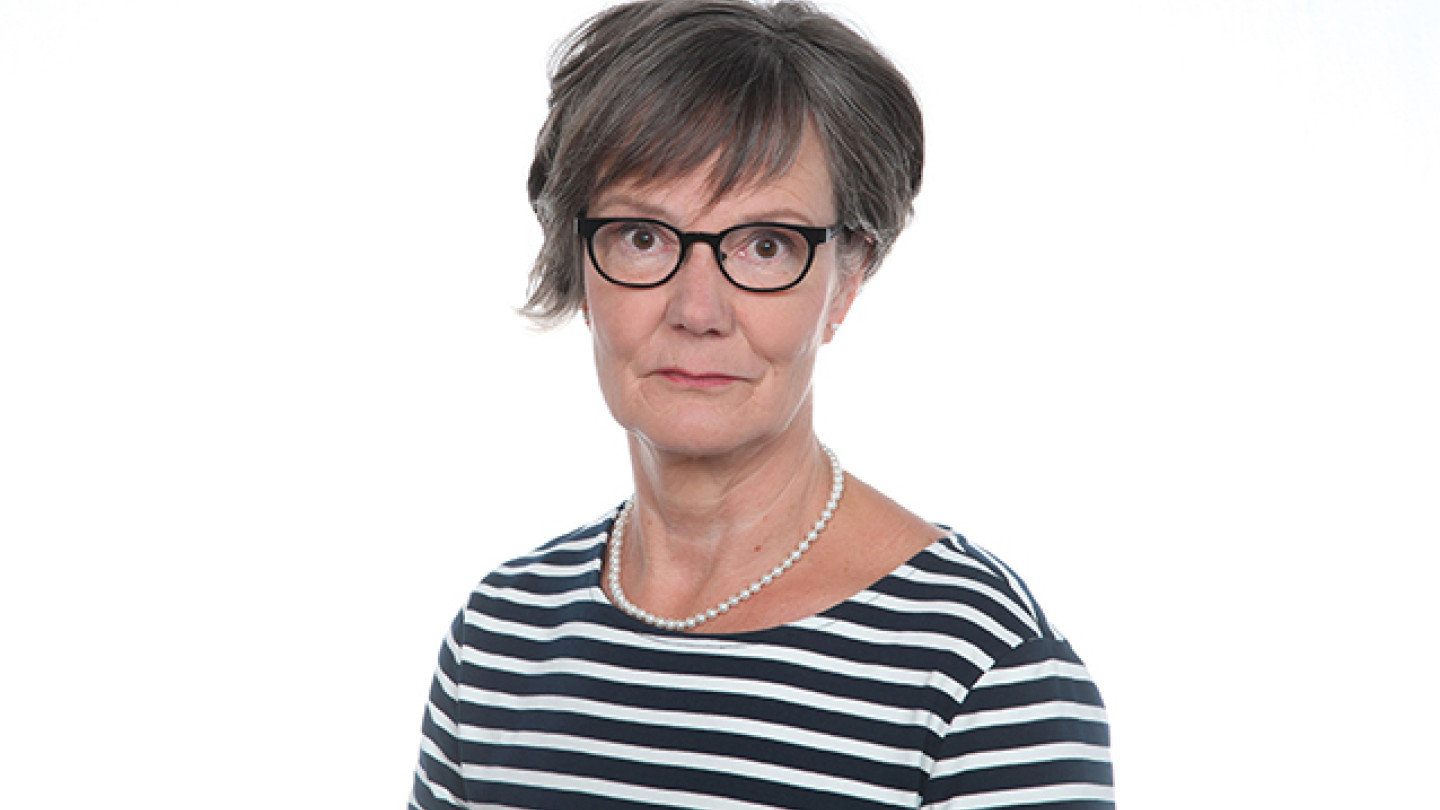18.9.2020 M.A. (Educ.) Aila Pikkarainen (Faculty of Education and Psychology, Adult Education)

Opponent Professor Emerita Marjatta Vanhalakka-Ruoho (University of Eastern University) and Custos Senior Lecturer Susanna Paloniemi (University of Jyväskylä). The public defense is held in Finnish.
If a member of the audience wants to ask questions at the end of the public examination, it is possible to call the Custos. The phone number of the Custos is +358408053646.
ABSTRACT
Pikkarainen, Aila:
The agency of older adults in rehabilitation Jyväskylä: Jyväskylän yliopisto, 2020, 137 p. (JYU Dissertations ISSN 2489-9003; 262) ISBN 978-951-39-8250-8 (PDF) JYU Dissertations 262, http://urn.fi/URN:ISBN:978-951-39-8250-8
The dissertation examines the agency of older adults in group-based rehabilitation using the subject-centred sociocultural approach to agency (SCSC). The overarching research questions of the dissertation were as follows: 1) How was the agency of older people manifested at the beginning and at the end of rehabilitation? 2) How did the agency of older adults appear in the discourses of rehabilitation professionals? 3) What kind of individual and contextual factors appeared in the agency of older adults in rehabilitation? The research data consisted of individual observational data selected from the action research data of the IKKU project (Kela, 2009–2013) concerning the initial (n = 11) and final phase (n = 38) of rehabilitation. In addition, the study comprised data from a rehabilitation workers’ focus group discussions (n = 6) in the same project. Qualitative content analysis and discourse analysis were utilized in the study.
The results showed how the individual agency of older adults was attached to four types of temporal orientation at the beginning of rehabilitation: fractured agency of timelessness, the frozen agency of the past, the practical agency of the present, and transitional agency of the whole life course. In the end phase, frac- tured, selective, widening, and renewed agency emerged as related to the life course and peer experiences of older adults. In the discourses of rehabilitation professionals, evaluation, counselling, risk, otherness, and insightfulness were identified. In these, the agency of older adults was attached to the contexts of social and health care, learning and change, and professional work. Overall, the individual (temporality and life course) and contextual (discourses of profession- als and peer relations) dimensions in SCSC-approach produced older adults´ unique agency in rehabilitation.
The results of the study suggest that the rehabilitation of older adults should be based on an agency approach in which the contextual, sociocultural factors of rehabilitation are addressed alongside individual subject-centred factors. The agency approach to rehabilitation means the identification of individual rehabilitation goals, a flexible rehabilitation process, and the transfer of rehabilitation outcomes to post-rehabilitation life are viewed as dynamic, interdependent processes consisting of individual and contextual factors. Agency-based rehabilitation thus complements the traditional functional-based approach to rehabilitation.
Key concepts: Agency, older adults, life course, subject-centred socio-cultural approach to agency, temporality
Further information:
Aila Pikkarainen, 0407604 316, aila.pikkarainen@jamk.fi
Communications Specialist Anitta Kananen, +358 40 8461395, anitta.kananen@jyu.fi
